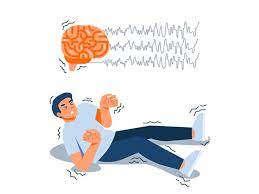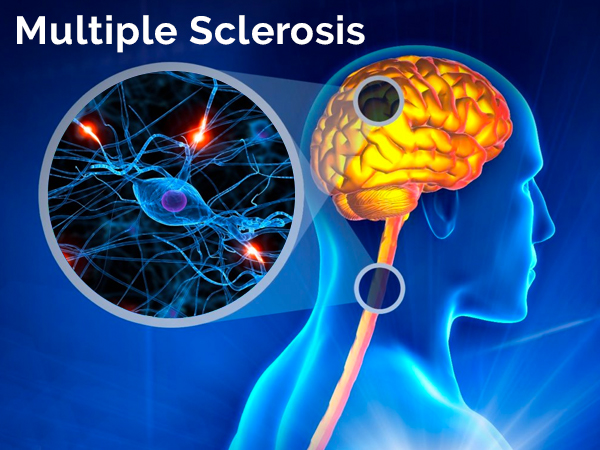Diagnosing epilepsy involves a comprehensive evaluation by a healthcare professional, typically a neurologist or an epileptologist. The diagnostic process includes the following steps:
- Medical History: The healthcare provider will gather a detailed medical history, including information about the patient’s seizures, the frequency and duration of episodes, and any potential triggers or patterns.
- Clinical Evaluation: A neurological examination is conducted to assess the patient’s overall neurological function, including motor skills, reflexes, sensory function, and coordination.
- Description of Seizures: The patient, if possible, and any witnesses to the seizures provide a detailed description of the events, including the type of movements or behaviors observed, the duration of the seizure, and any preceding or postictal (after-seizure) symptoms.
- Witness Accounts: Information from individuals who have witnessed the seizures is valuable. These accounts help in understanding the characteristics and patterns of the seizures.
- Electroencephalogram (EEG): An EEG is a crucial test in the diagnosis of epilepsy. It records the electrical activity of the brain and can detect abnormal patterns associated with epilepsy. EEG results may show spikes, sharp waves, or other abnormalities.
- Brain Imaging: Imaging studies, such as Magnetic Resonance Imaging (MRI) or Computed Tomography (CT) scans, are performed to identify structural abnormalities, tumors, or lesions in the brain that may be associated with seizures.
- Blood Tests: Blood tests may be conducted to check for metabolic or genetic conditions that could be contributing to the seizures.
- Neuropsychological Testing: In some cases, neuropsychological testing may be conducted to assess cognitive function and identify any areas of impairment.
- Video EEG Monitoring: Video EEG monitoring involves continuous recording of both the patient’s behavior and the EEG during an extended period, often in an epilepsy monitoring unit. This helps capture and analyze seizure activity in a controlled setting.
- Provocative Testing: Provocative testing, such as sleep deprivation or exposure to specific stimuli, may be used to trigger seizures during EEG monitoring, providing additional information about the nature of the seizures.
The combination of these diagnostic tools helps healthcare professionals make an accurate diagnosis of epilepsy determine the type of seizures, and develop an appropriate treatment plan. It’s important for individuals experiencing seizures or suspected of having epilepsy to seek prompt medical attention for a thorough evaluation and diagnosis.
Unlock optimal brain health with the expertise of Dr. Amit Shah, your trusted Neurologist in Vasai. Dr. Shah brings extensive experience and a patient-focused approach to address a spectrum of neurological concerns.



